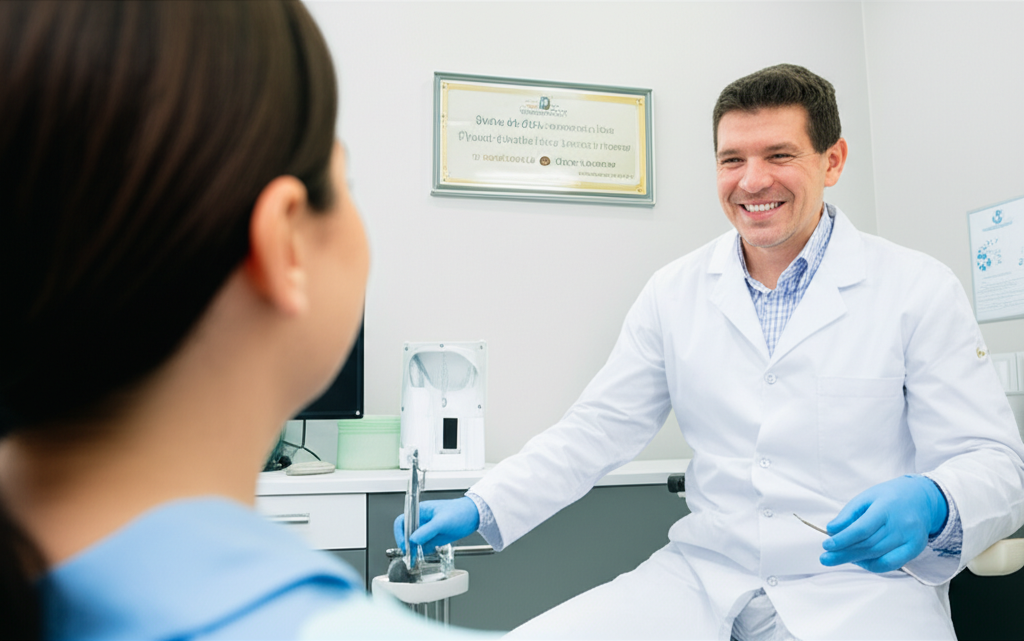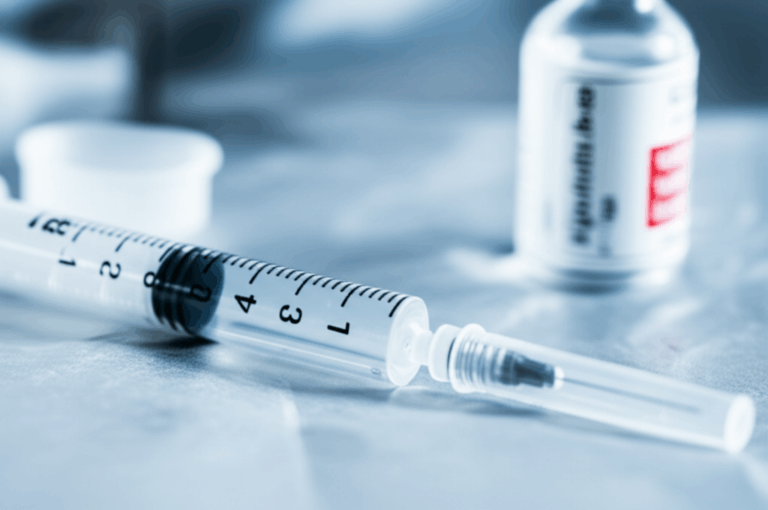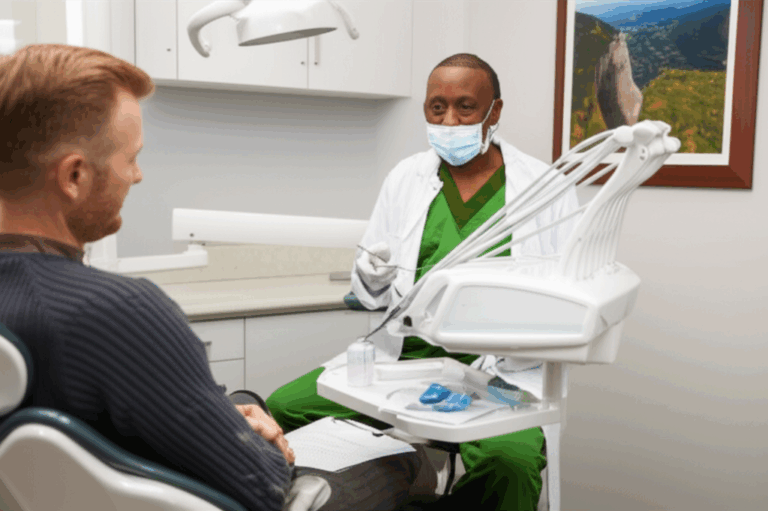
Do You Call a Dentist Doctor? Here’s What You Need to Know
Sometimes little things can make us stop and think. For example, you probably call the person who checks your teeth a “dentist.” But should you really call them “Doctor”? The answer is yes! Dentists are doctors, and this piece will show you why. If you’ve ever wondered if your dentist is really a doctor, or how their training stacks up against medical doctors, you’ll find out here. By the end, you’ll see why calling them “Doctor” is not just good manners–it’s totally right!
Table of Contents
1. Introduction: Why This Question Matters
When I was a kid, I just called my dentist “Dr. Smith.” Maybe you did the same. But once, while in the waiting room, I heard someone say quietly, “Is he a real doctor?” That made me think that a lot of people aren’t sure. That’s why getting the facts straight matters.
If you ever stopped to wonder if you should call your dentist “Doctor,” you’re not the only one. Knowing why dentists earn this name helps us trust them to look after our health. Hang in there, and I’ll show you why the answer is “yes.”
2. What Does “Doctor” Mean in Dentistry?
Let’s start with the word “doctor.” Most people think of a doctor in a white coat who treats sickness or fixes broken bones. But in health care, “doctor” means someone who has finished a high-level degree. Dentists have a doctorate too. After years of school, they’ve earned the right to be called “Doctor.”
Look around your dentist’s office, and you’ll probably see diplomas on the wall that say “DDS,” which stands for Doctor of Dental Surgery, or “DMD,” which means Doctor of Medicine in Dentistry. It doesn’t matter which letters you see; both mean your dentist is a real doctor with top training.
3. Do Dentists Have Doctoral Degrees?
Yes, they sure do! Dentists don’t just pick up their tools and start working on teeth. They must first finish a college degree (usually in science), then do four more years in dental school. When they finish, they get a doctoral degree, called DDS or DMD.
That’s why Dr. Joe Dental, who checked this article, tells his patients that dentists aren’t just people who “know teeth”–they’re skilled doctors after lots of schooling. They learn all about how the mouth and even the body works.
4. DDS vs. DMD: What’s the Difference?
You might wonder, Why do some dentists have DDS and others DMD? Here’s the simple answer: they’re the same thing, just with different names. At Harvard, for example, students get a DMD degree, but at the University of Michigan, they get a DDS. Both schools teach the same things, have the same tests, and get dentists ready in the same way.
Table: DDS vs. DMD Comparison
| Degree | Full Title | Length of School | What You Learn | Same as Each Other? |
|---|---|---|---|---|
| DDS | Doctor of Dental Surgery | 4 years dental | Body parts, mouth health, surgery, labs | Yes |
| DMD | Doctor of Medicine in Dentistry | 4 years dental | Health, teeth, surgery, labs | Yes |
So if you see either title on your dentist’s sign, you’re in good hands!
5. Dentist School: What Does It Take?
Dentists train as hard as a lot of other health workers. Their road starts with a tough entrance process. First, they finish college. Next, they try to get into dental school, which is hard to get into. Dental school itself takes four more years. While there, students learn science, the body, and even practice on real patients.
But it’s not always over after that. Some dentists study even more if they want to focus on a specialty, like braces (orthodontics) or mouth surgery. Some, like oral surgeons, can spend 4–6 more years learning special skills.
So you see, becoming a dentist takes about as long as becoming any other kind of doctor.
6. Dentists vs. Medical Doctors: How Are They Different?
Now you might ask, “If dentists are doctors, what’s different from medical doctors (MDs)?” Here’s what: it’s all about what they know most about. Dentists are the experts in the mouth: teeth, gums, jaws, and so on. Medical doctors treat the whole body, but dentists look for sickness in the mouth, help with pain, and can do surgery in your mouth.
Dentists can do things like:
- Find and treat gum problems and cavities
- Pull teeth or fix broken jaws
- Write prescriptions for pain or infection
- Give numbing medications for dental work
- Notice sicknesses that show up in the mouth–often before anyone else!
Both jobs need a doctorate, but dentists are the mouth and smile experts.
7. When Should You Call a Dentist “Doctor”?
The quick answer is: always. Just as you’d call your family doctor “Doctor,” or a person with a PhD “Doctor,” your dentist earned that title by studying hard for years. In the dental office, call your dentist “Dr. [Last Name]”–it shows you know about their training and respect their work.
This also goes for dental specialists. Whether it’s an orthodontist (straightens teeth), endodontist (fixes roots), or periodontist (takes care of gums), every one earned a doctoral degree.
8. Why Using the Title “Doctor” Is Important
But why does it matter? The first reason is respect. Dentists spend as much as 8–10 years reaching their goal. Calling them “Doctor” shows you appreciate what they’ve done.
Second, using the title builds trust and confidence. If you’re worried about a sore mouth, seeing “Dr. Smith, DMD” on the door makes you feel safer.
And remember, dental pros help link mouth health and body health. That’s another reason they deserve their title.
9. The Dentist’s Role in Your Health
A lot of people think dentists just clean teeth or fix holes. The truth is, dentists are very important for your whole body. Here’s an example: Dr. Joe Dental once noticed a strange sore inside a patient’s mouth. It wasn’t just any sore–it was a sign of diabetes! The patient got treated because the dentist saw something that wasn’t right.
Mouth health is tied to heart disease, diabetes, and possibly some cancers. Dentists are often the first to spot big problems. That’s why their high-level degree really does matter.
10. Different Kinds of Dental Doctors
Dentistry isn’t just one job. Some dentists study even more years to get really good at one thing.
Here are some dental doctor specialties:
- Orthodontist: Fixes crooked teeth and jaws (braces)
- Oral and Maxillofacial Surgeon: Does surgery for the mouth and face
- Periodontist: Looks after your gums and jaw bone
- Endodontist: Treats deep tooth pain and root canals
- Pediatric Dentist: Treats kids’ teeth
- Prosthodontist: Replaces missing teeth with crowns, bridges, or dentures
All these jobs are doctors, and their extra years mean they’re the best at what they do.
11. How Dentists Work with Experts and Labs
Dentists don’t work all by themselves. They team up with special dental labs to make sure your care is just right. For example, a dentist might take a mold of your teeth and send it to a china dental lab for strong crowns or bridges. If you need a retainer after braces, the dentist works with a good dental lab for retainers to make it fit your mouth just right.
Today’s dentists may also use a digital dental lab to design your teeth on a computer before anything is put in your mouth. Working together with these labs helps dentists make things that are stronger, safer, and look more real.
So when you see your dentist, know there are other skilled people helping behind the scenes!
12. Frequently Asked Questions
Q: Can I call my dentist “Doctor” even if they aren’t a medical doctor?
A: Yes. Dentists get doctoral degrees just like medical doctors. Calling them “Dr. [Last Name]” is always right and polite.
Q: Are DDS and DMD different levels?
A: No. DDS and DMD are equal. Each means the dentist finished dental school and learned everything needed.
Q: Why don’t dentists work in hospitals?
A: Some do! Oral surgeons and other experts work in hospitals for bigger surgeries. Most dentists work in their own offices but are an important part of your health care.
Q: What other workers are called “doctors” even if they don’t work with medicine?
A: Lots of jobs use “Doctor” for people with long schooling, like dentists (DDS/DMD), chiropractors (DC), eye doctors (OD), and even college teachers (PhD).
13. Key Points to Remember
- Dentists really are doctors with doctoral degrees (DDS or DMD).
- They go to school for eight years or even more.
- Specialists like orthodontists, oral surgeons, periodontists, and prosthodontists also have dental doctor degrees.
- Using “Doctor” is polite and the right thing to do whenever you talk to your dentist.
- Dentists are an important part of your health team and sometimes spot health problems others miss.
- Dentists work closely with special dental labs like [china dental lab], [digital dental lab], and [dental lab for retainers] to get the best results for you.
To sum up, always use “Doctor” for your dentist. This simple word stands for all the hard work and care dentists give to keep you healthy and smiling.








